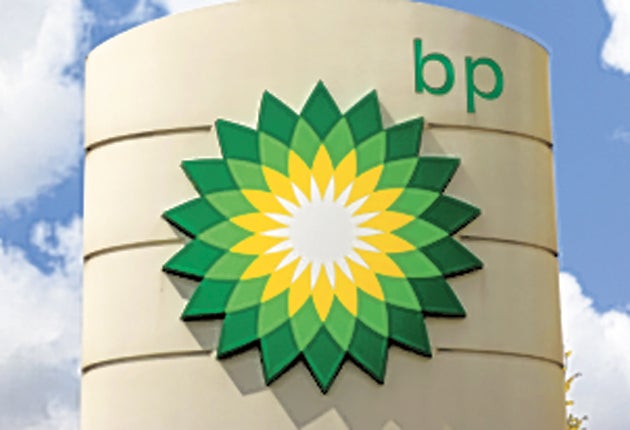BP's woes do not devalue the worth of dividends

BP's travails in the Gulf of Mexico have focused investors' minds on the value of the dividend. A dividend is tangible proof that the company you have invested in is rewarding you for holding the shares. No wonder, therefore, that the threat to BP's dividend has caused the share price to plummet.
At its most basic level, dividends can be a good way of increasing your wealth. It is real cash paid into your account, which you can then do with as you wish. You can spend it, invest it or reinvest it in more shares to earn more dividends in the future.
Regular dividends can be a sign that the finances of the business you have invested in are in a healthy state. It is even better if the company can raise its dividend payout consistently. That can be a strong indication that the outfit is growing.
Not all companies pay dividends, though. Some businesses believe that any cash generated from the business should be invested back into the business to finance future growth.
Some investors, known as income investors, judiciously target shares for their dividend yields. The yield, the ratio of the dividend to the share price, can be compared with the returns from savings accounts, bonds and gilts. For example, Vodafone is forecast to pay about 9p per share in the coming year. The shares cost 135p, so that would suggest a forward dividend yield of about 6.7 per cent. For every £100 of Vodafone shares you own, you would expect to get £6.70 in dividends next year.
This makes it relatively easy to compare the dividends you could receive from shares with, say, the interest you may earn from a savings account. Using the Vodafone shares as an example again, you would need to find a savings account paying interest at 6.7 per cent after tax to beat its dividend yield – impossible.
Back to BP. It has historically paid a generous proportion of its profits to shareholders in the form of dividends. In fact, about £1 out of every £9 in dividends paid by UK companies currently comes from BP. Now the company is under huge pressure, with its business in the US under threat. It just goes to show that high yields are not risk free.
That said, income or high-yield investors with properly diversified portfolios should not be too badly affected. That is because the most crucial feature when selecting shares is sector diversification. This is to spread the risks around different industries.
Admittedly, pure income chasers could end up a portfolio stuffed with certain sectors. But the risks are too high if you put too many eggs into too few baskets. Imagine if you had concentrated on just banks in 2007.
Many investors like to reinvest their dividends and this is often an excellent strategy. With a yield of 6 per cent, even with no growth in share prices, your money would double in 12 years.
David Kuo is director of financial website fool.co.uk
Join our commenting forum
Join thought-provoking conversations, follow other Independent readers and see their replies
Comments
Bookmark popover
Removed from bookmarks